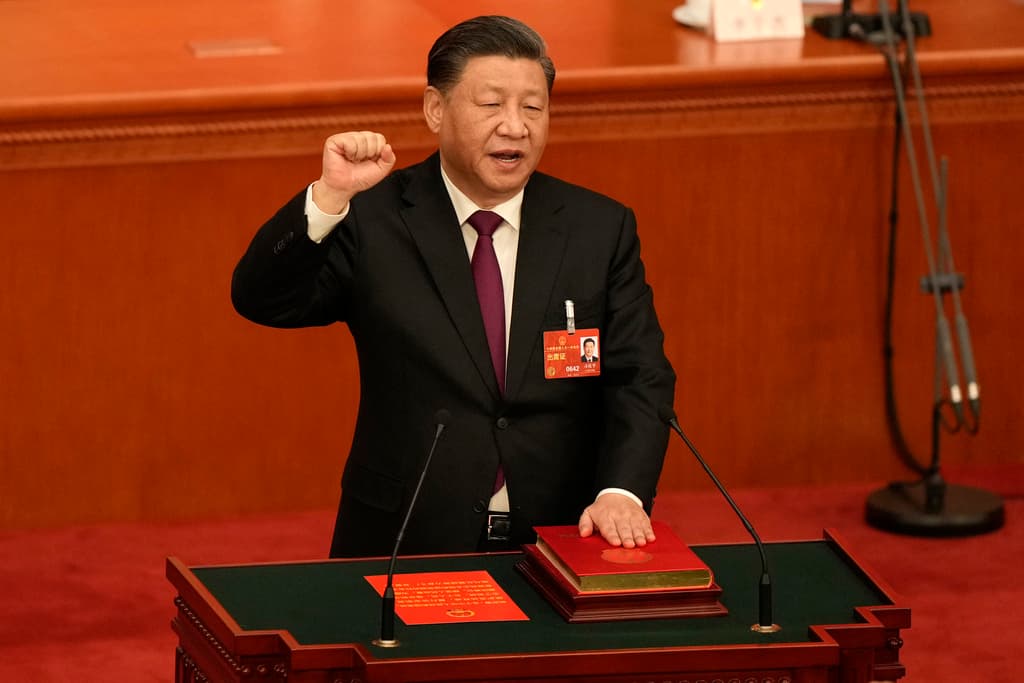Season for Foreign Policy Realism Comes Into Focus in Asia, as Communist China Appears To Be Readying for War
Beijing’s parliament weighs mandating military drills for middle school pupils. Is that a signal that it’s readying for war?

Communist China’s rubber-stamp parliament is deliberating on revisions to the Law on National Defense Education that would mandate military drills for middle school pupils and incorporate defense studies in primary schools. It is a step toward the securitization of Chinese society not seen since Mao Zedong. It is, perhaps, a sign Beijing is readying for war. For the West it is a call for a more realist approach to foreign policy.
Please check your email.
A verification code has been sent to
Didn't get a code? Click to resend.
To continue reading, please select:
Enter your email to read for FREE
Get 1 FREE article
Join the Sun for a PENNY A DAY
$0.01/day for 60 days
Cancel anytime
100% ad free experience
Unlimited article and commenting access
Full annual dues ($120) billed after 60 days

